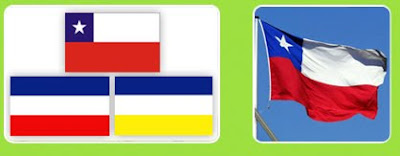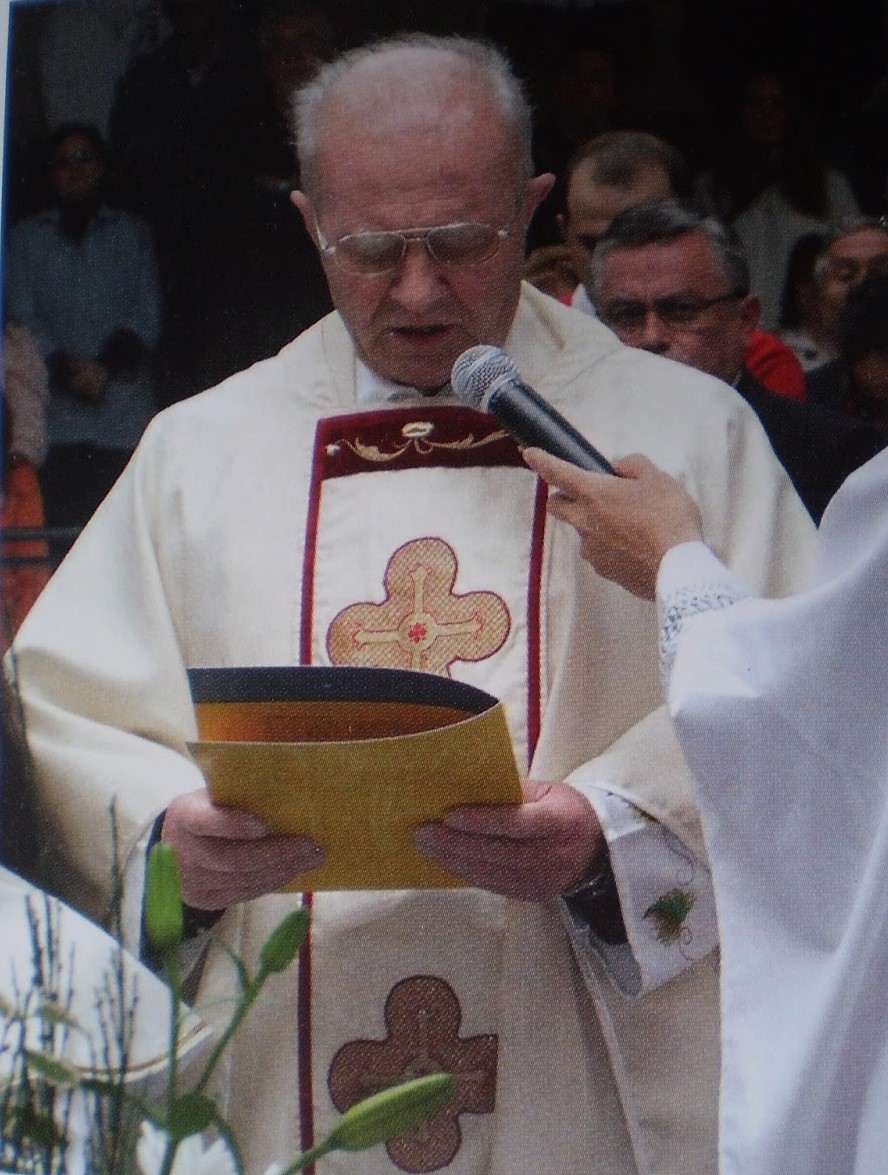Palestinians Achieve ‘State’ Status at UN
Margaret Besheer
November 29, 2012
UNITED NATIONS — The U.N. General Assembly has overwhelmingly endorsed a Palestinian Authority bid to upgrade its status to a "non-member observer state." The Palestinians sought the upgrade, despite stiff opposition and possible negative repercussions from Israel and the United States.
Palestinian UN Statehood Bid
One hundred thirty-eight countries voted in favor of elevating the Palestinian Authority’s status - well beyond the simple majority of the 193-member states that was required. There also were 41 abstentions and nine “no” votes, which included the United States, Israel and Canada.
Speaking just ahead of Thursday’s vote, Palestinian Authority President Mahmoud Abbas urged the General Assembly to “issue a birth certificate” for the state of Palestine. He is calling on member states to support that bid.
“Every voice supporting our endeavor today is a most valuable voice of courage, and every state that grants support today to Palestine’s request for non-member observer state status is affirming its principled and moral support for freedom and the rights of peoples and international law and peace," said President Abbas.
But the diplomatic victory came without the support of some key countries.
Europe was divided on the issue, with 14 countries supporting the initiative and 12, including Britain and Germany, abstaining. Only the Czech Republic voted against it in the European bloc.
Arab and Muslim countries strongly supported the Palestinians, but it is noteworthy that no Arab foreign minister and only two Muslim ones came to personally cast their vote.
One of those foreign ministers was Turkey’s Ahmet Davutoglu. He gave an impassioned speech, garnering applause throughout.
“Let me be clear, our vision for justice, international order and human rights will not be achieved till the moment we actually see the flag of the state of Palestine standing side-by-side with ours as a full member of the United Nations, and that day will come soon!" said Davutoglu.
The United States firmly opposed the resolution. U.S. Ambassador Susan Rice said after the vote that the Palestinians' new status should not be misconstrued as constituting eligibility for full U.N. membership, and does not establish that Palestine is a state.
“Today’s grand pronouncements will soon fade. And the Palestinian people will wake up tomorrow and find that little about their lives has changed, save that the prospects of a durable peace have only receded," said Rice.
Israel also opposed the initiative. U.N. Ambassador Ron Prosor said the Palestinians' new status will not advance peace or change the situation on the ground, nor will it change the Jewish people’s connection to Israel, which is thousands of years old.
“In fact, today you asked the world to recognize a Palestinian state, but you still refuse to recognize the Jewish state," said Prosor.
After the vote, Palestinian Foreign Minister Riyad al-Maliki told reporters the Palestinians feel ‘strengthened and empowered’ by their victory, and more than determined to pursue negotiations with Israel.
In the Palestinian territories, there was great celebration after the vote. But their joy could be short-lived if there are economic and political repercussions. The U.S. Congress could cut funding to the Palestinian Authority, as well as to the U.N. organizations they join.
Israel also could retaliate by holding back tax money it collects and distributes to the Palestinian Authority, or by expanding Jewish settlements in Arab areas.
But it also could have the effect of adding a new urgency for the parties to return to the negotiating table to restart the moribund peace process and resolve final status issues. fuente: La Voz de América , http://www.voanews.com/content/un-general-assembly-approves-palestinian-status-upgrade/1555617.html
November 29, 2012
UNITED NATIONS — The U.N. General Assembly has overwhelmingly endorsed a Palestinian Authority bid to upgrade its status to a "non-member observer state." The Palestinians sought the upgrade, despite stiff opposition and possible negative repercussions from Israel and the United States.
Palestinian UN Statehood Bid
One hundred thirty-eight countries voted in favor of elevating the Palestinian Authority’s status - well beyond the simple majority of the 193-member states that was required. There also were 41 abstentions and nine “no” votes, which included the United States, Israel and Canada.
Speaking just ahead of Thursday’s vote, Palestinian Authority President Mahmoud Abbas urged the General Assembly to “issue a birth certificate” for the state of Palestine. He is calling on member states to support that bid.
“Every voice supporting our endeavor today is a most valuable voice of courage, and every state that grants support today to Palestine’s request for non-member observer state status is affirming its principled and moral support for freedom and the rights of peoples and international law and peace," said President Abbas.
But the diplomatic victory came without the support of some key countries.
Europe was divided on the issue, with 14 countries supporting the initiative and 12, including Britain and Germany, abstaining. Only the Czech Republic voted against it in the European bloc.
Arab and Muslim countries strongly supported the Palestinians, but it is noteworthy that no Arab foreign minister and only two Muslim ones came to personally cast their vote.
One of those foreign ministers was Turkey’s Ahmet Davutoglu. He gave an impassioned speech, garnering applause throughout.
“Let me be clear, our vision for justice, international order and human rights will not be achieved till the moment we actually see the flag of the state of Palestine standing side-by-side with ours as a full member of the United Nations, and that day will come soon!" said Davutoglu.
The United States firmly opposed the resolution. U.S. Ambassador Susan Rice said after the vote that the Palestinians' new status should not be misconstrued as constituting eligibility for full U.N. membership, and does not establish that Palestine is a state.
“Today’s grand pronouncements will soon fade. And the Palestinian people will wake up tomorrow and find that little about their lives has changed, save that the prospects of a durable peace have only receded," said Rice.
Israel also opposed the initiative. U.N. Ambassador Ron Prosor said the Palestinians' new status will not advance peace or change the situation on the ground, nor will it change the Jewish people’s connection to Israel, which is thousands of years old.
“In fact, today you asked the world to recognize a Palestinian state, but you still refuse to recognize the Jewish state," said Prosor.
After the vote, Palestinian Foreign Minister Riyad al-Maliki told reporters the Palestinians feel ‘strengthened and empowered’ by their victory, and more than determined to pursue negotiations with Israel.
In the Palestinian territories, there was great celebration after the vote. But their joy could be short-lived if there are economic and political repercussions. The U.S. Congress could cut funding to the Palestinian Authority, as well as to the U.N. organizations they join.
Israel also could retaliate by holding back tax money it collects and distributes to the Palestinian Authority, or by expanding Jewish settlements in Arab areas.
But it also could have the effect of adding a new urgency for the parties to return to the negotiating table to restart the moribund peace process and resolve final status issues. fuente: La Voz de América , http://www.voanews.com/content/un-general-assembly-approves-palestinian-status-upgrade/1555617.html


Comentarios